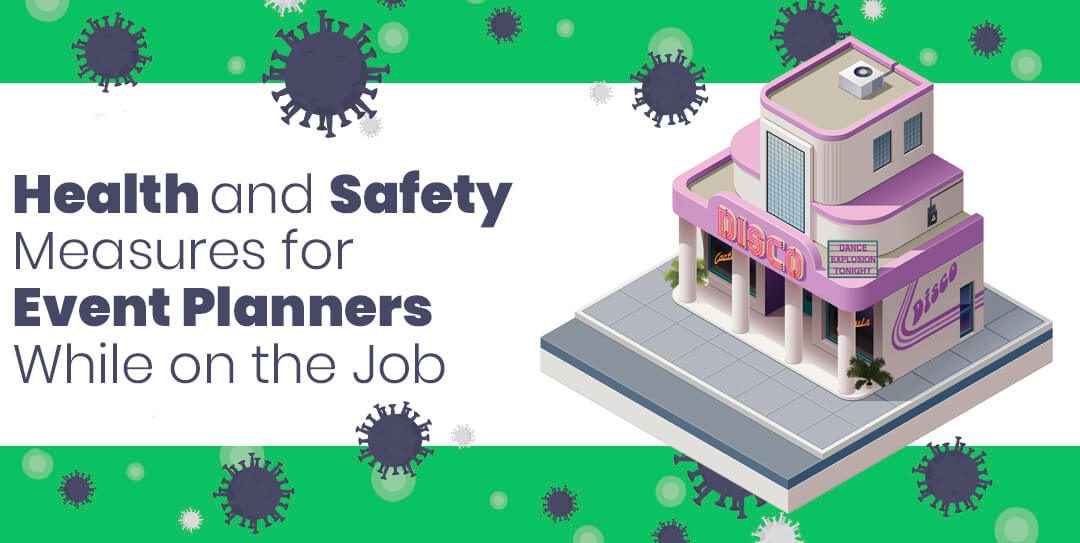All around the U.S., small businesses are experiencing uncertainty about the future as the COVID-19 pandemic continues. The pandemic has caused suffering on a global scale, and an increasing number of U.S. small businesses now fear that the impact on the economy may lead to a reduction in revenue in the near future.
The events industry witnessed a devastating impact due to the pandemic. Mass gatherings are a proven way of spreading any disease, making it impossible to make a high profit out of big events since most of them have been canceled.
But since there is no recovery timeline announced yet, event planners must find alternatives to keep their business running.
Business Planning and COVID-19 Response
1. What actions should you take during an outbreak?
- Encourage attendees and staff to stay home if they are not feeling well
- Create a flexible refund policy
- Provide masks for everyone to help prevent the spread of germs
- Consult with your local public health officials regarding the event
2. How many people may safely attend an event, concert, or conference?
- CDC does not give a specific limit of attendees that can enter these types of events, instead, they encourage the organizers to limit the contact between people.
- State, county, and city rules should also be taken into consideration regarding any restrictions limiting the number of attendees at events.
- In general, you must pick a number that would allow attendees to remain at least 6 feet apart from each other.
3. Аctions to take to prevent the spread of COVID-19
- Clean and wash your hands often
- Avoid close contact with people who are showing signs of illness
- Self-isolate when you are not feeling well
- Use tissues to cover your coughs and sneezes
- Clean and disinfect surfaces that are frequently touched
- Use certified masks that are proven to protect against COVID-19
4. Cleaning the facility where the event will take place
- Frequently touched surfaces within the venue must be routinely sanitized with a product that contains at least 60% alcohol.
- Shared objects must be cleaned and disinfected, for example, payment terminals, tables, bars, condiment holders.
- Create a schedule for routine cleaning and disinfection.
- Use disposable gloves for disposing of trash.
5. Should attendees be tested before they enter a venue?
- CDC recommends temperature screening before attendees enter the event.
- CDC does not recommend testing all attendees for COVID-19 before allowing them to enter. It is unknown whether testing for COVID-19 before allowing attendees to enter can help prevent the spread, since some people may already be infected but still have not shown signs of symptoms.
6. Information you must share with your staff and attendees regarding the Event
How other countries handle the situation
The U.K. hosted the first socially distanced music venue, tickets for the show sold out almost immediately. Around 2,500 attendees got to enjoy a live show on August 11 listening to singer-songwriter Sam Fender. This was made possible through 500 metal platforms, each spaced 6ft apart, that fit up to 5 people.
This is highly likely to become the norm enabling fans of music concerts to have a great time without risking their health.



